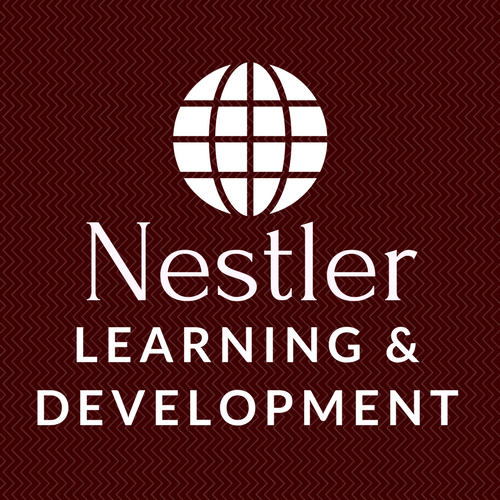In last week’s post I proposed four books you might want to ask Santa to bring to you for your reading about leading people. For today I have four more books for your consideration. Several of these have been around for a while, but they are as fresh and useful as when they were written. If you haven’t read them, now would be a good opportunity.
As with last week’s list, clicking on the book image will open a windows in amazon.com where you can find further information.
The 7 Habits of Highly Effective People, by Stephen R. Covey. Covey presents an approach to being effective in attaining goals by aligning oneself to what he calls "true north" principles based on a character ethic that he presents as universal and timeless. He defines effectiveness as the balance of obtaining desirable results with caring for that which produces those results. He illustrates this by referring to the fable of the goose that laid the golden eggs. He further claims that effectiveness can be expressed in terms of the P/PC ratio, where P refers to getting desired results and PC is caring for that which produces the results. Covey's best-known book, it has sold more than 25 million copies worldwide since its first publication. The audio version became the first non-fiction audio-book in U.S. publishing history to sell more than one million copies.
Good to Great: Why Some Companies Make the Leap... and Others Don't, by Jim Collins. is a management book that describes how companies transition from being good companies to great companies, and how most companies fail to make the transition. "Greatness" is defined as financial performance several multiples better than the market average over a sustained period. Using tough benchmarks, Collins and his research team identified a set of elite companies that made the leap to great results and sustained those results for at least fifteen years. How great? After the leap, the good-to-great companies generated cumulative stock returns that beat the general stock market by an average of seven times in fifteen years, better than twice the results delivered by a composite index of the world's greatest companies, including Coca-Cola, Intel, General Electric, and Merck. Collins finds the main reason certain companies become great is they narrowly focus the company’s resources on their field of key competence.
In Search of Excellence by Thomas J. Peters & Robert H. Waterman Jr. Based on a study of actual companies, the authors found eight common themes which they argued were responsible for the success of the chosen corporations. The book devotes one chapter to each theme.
A bias for action, active decision making - 'getting on with it'. Facilitate quick decision making & problem solving tends to avoid bureaucratic control
Close to the customer - learning from the people served by the business.
Autonomy and entrepreneurship - fostering innovation and nurturing 'champions'.
Productivity through people- treating rank and file employees as a source of quality.
Hands-on, value-driven - management philosophy that guides everyday practice - management showing its commitment.
Stick to the knitting - stay with the business that you know.
Simple form, lean staff - some of the best companies have minimal HQ staff.
Simultaneous loose-tight properties - autonomy in shop-floor activities plus centralized values.
Reengineering the Corporation by Michael Hammer and James A. Champy. Often referred to as the most successful business book of the last decade, Reengineering the Corporation is the pioneering work on the most important topic in business today: achieving dramatic performance improvements. This book leads readers through the radical redesign of a company's processes, organization, and culture to achieve a quantum leap in performance.
Happy reading!
Herb





